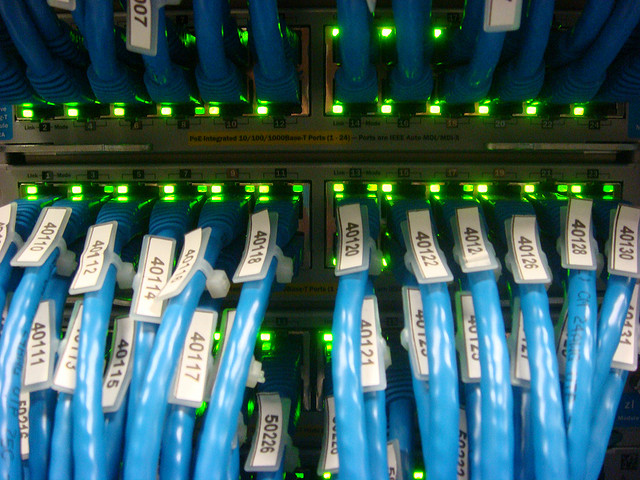 In every relationship, personal, professional and diplomatic, negotiations and their subsequent compromises take place every day. Advantages are leveraged and exploited continuously. Some situations see small concessions or trade offs for mutual satisfaction while others are thinly veiled power plays that blatantly favour one side over the other.
In every relationship, personal, professional and diplomatic, negotiations and their subsequent compromises take place every day. Advantages are leveraged and exploited continuously. Some situations see small concessions or trade offs for mutual satisfaction while others are thinly veiled power plays that blatantly favour one side over the other.
The hottest topic of the year thus far has been China’s increasing use of cyber attacks on both government and businesses. Cyber is gaining ground as an internationally important issue for anyone that does anything on a computer, ie everyone.
But what leverage does the rest of the international community have when it comes to changing the behaviours of China? What can be done to realistically change actions that are suiting the needs of one player not others?
According to Frascogna and Hetherington in The Lawyer’s Guide to Negotiation, ‘The negotiator has at his disposal the levers of uncertainty, sanction, opportunity or time. Every tactic used in negotiation can be traced back to one of these forms of leverage’. These basic tenets can go a long way to explaining how the issue is being handled in Australia and on the world stage.
China is the classic case when it comes to uncertainty. The knowledge base that the rest of the international community has concerning China is relatively small but growing quickly. Australia is in a fairly good position in this respect, as it is a close trading partner with China, having built strong trade links over some time now.
Sanctions will be hard to implement given the diplomatic framework in place. Governments will have trouble sanctioning a member of the UN Security Council and few governments will stand up to a rising superpower given its rapidly growing muscle in terms of trade, technology and population. However, as the sole superpower, the US has more bargaining power than most, and has begun to pressure China on this front already—how much this will affect their relationship remains to be seen. The chances of Australia taking such overt action are slim. And, in any case, sanctions rarely seem to change behaviours and can in fact entrench them further.
An alternative approach is to use positive reinforcement to meet the same objectives for both parties: asking what are you hacking and why? Are there other avenues to access the information that China is looking for? Some of the information China is seeking is probably not that secret, and sharing could easily be done with little cost or compromise. Other information has massive implications for business and government and there can be no negotiation on this front as far as most nations are concerned. Each government will have to make their own decisions on what they are willing to share and at what level. The Australia in the Asian Century White Paper and Cyber Security Strategy don’t provide clear detail on what path Australia will take in this regard.
Time is the subtlest of all the levers. The perception of time differs from player to player. What may seem like an age for one player is the blink of an eye for an opponent. Time may be on the side of Australia in many respects. We could choose to let the bigger players make their moves and simply wait and see. But we could also use this time to make build a consensus with other interested regional and diplomatic partners to pressure China to change its behaviour. Our close relationship with the United States should help.
In any case, Australia acting unilaterally is negotiating from a weak position to begin with. There are few compromises that governments and business are willing to make, or even have the ability to make, when it comes to the threat of Chinese based hacking, government sponsored or otherwise. Our best play is to act as part of a multilateral unified front.
Katherine Ziesing is the Editor of Australian Defence Magazine, an independently published magazine on Defence capability and procurement. She is also a board member of the Sir Richard Williams Foundation, an air power think tank. Image courtesy of Flickr user sugree.

